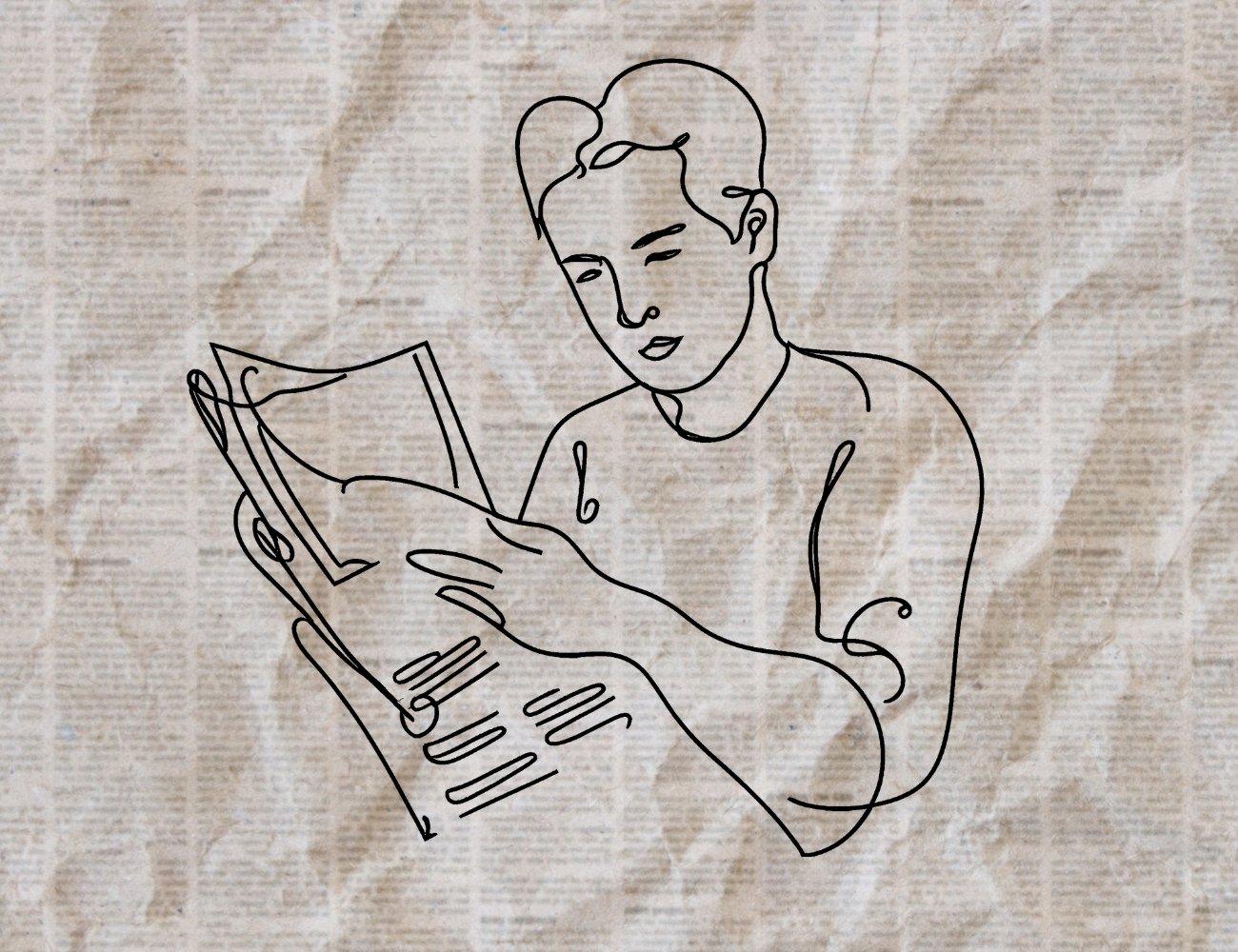Gesprek | Diagnosis: Disinformed
Why we fall for it – and how we build immunity
| Veranstaltung des Duitsland Instituut Amsterdam |
|
|---|---|
| Datum: | Dienstag 21 November 2023 um 20:00 Uhr |
| Ort: | SPUI25, Spui 25-27, Amsterdam / Online |
| Information: | Voertaal: Engels |
| Zugang: | Gratis. Aanmelden via https://spui25.nl/programma/diagnosis-disinformed/make_reservation |
Desinformatie is een van de grote bedreigingen voor de moderne democratie. Ze zorgt voor polarisatie, radicalisering en kan aanzetten tot geweld. Samen met deskundigen Marina Weisband (via videoverbinding) en Richard Rogers spreken wij deze avond over de verwoestende kracht van desinformatie. We kijken naar voorbeelden uit Rusland, Duitsland en Nederland en discussiëren over hoe wij weerbaar, "immuun" kunnen worden voor nepnieuws. Is mediawijsheid een effectief tegengif? Of is er meer nodig? Moderatie: Wiebke Pittlik (DIA)
In all its various forms, disinformation is one of the great threats to modern democracy. Especially in times of crisis, fake news and conspiracy theories fall into fertile ground. Through new technologies and social media channels, disinformation spreads at lightning speed - and divides society. We saw that happening during the corona crisis and we see it now in the war in Ukraine. Indeed, disinformation can radicalize people and incite them to violence. Putin's war, but also the right-wing attacks in Halle and Hanau in Germany and the burning of 5G transmission masts in the Netherlands are examples of this.
Together with disinformation experts Marina Weisband (online) and Richard Rogers (onsite), we will be talking about the devastating power of fake news and conspiracy theories. Why do people fall for disinformation? And how do they subsequently radicalize? What psychological mechanisms underlie it? We look at examples from Russia, Germany and the Netherlands, the hidden messages and conspiracy theories that play a role in this and reflect on how we as a society can become resilient to disinformation and radicalization. Is media literacy an effective recipe? Or does it take more?
About the speakers:
Marina Weisband is a German-Ukrainian psychologist and expert on disinformation, digital participation and education. From 2011 to 2012, she was the political director of the Pirate Party Germany. Today, she is involved with the German Green Party in the areas of digitalization and education. Since 2014 she has been leading the project “aula” for political education and liquid-democratic participation, allowing pupils/students to have a say in the rules and affairs of their schools.
Richard Rogers is Professor of New Media & Digital Culture, Media Studies, University of Amsterdam. He is Director of the Digital Methods Initiative, known for the development of software tools for the study of online data. He is author of Information Politics on the Web and Digital Methods (both MIT Press) and editor of The Politics of Social Media Manipulation (with Sabine Niederer) and The Propagation of Misinformation in Social Media: A Cross-platform Analysis (both Amsterdam University Press).
Wiebke Pittlik is editor-in-chief at Duitslandweb, the journalistic platform of the Duitsland Instituut Amsterdam (DIA).

